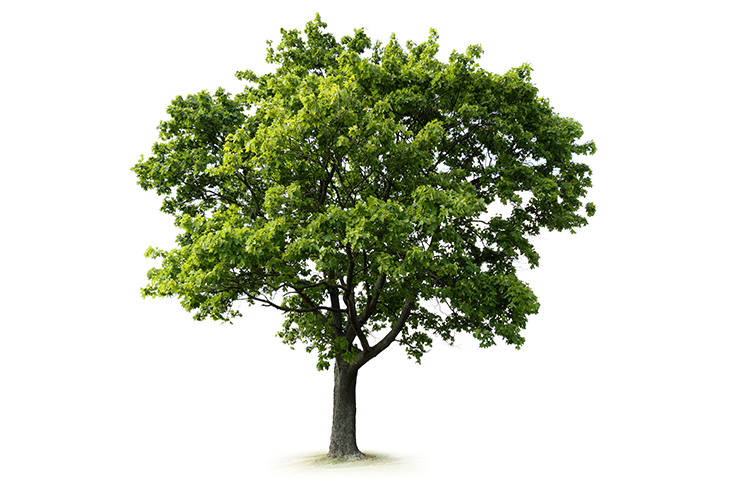Recently I suggested a new approach to commuter-train overcrowding. It simply involved reformulating the problem by accepting that not all overcrowding is equally bad: 100 people forced to stand 10 per cent of the time do not experience anything like the same irritation as ten people who have to stand 100 per cent of the time. So my suggestion was that a proportion of peak-time train seating — even a few peak-time trains — should be reserved for annual season ticket holders.
But when I mentioned this to a group of engineers, one pointed out something that hadn’t occurred to me: ‘Airlines already do that.’
‘They do?’
‘Well, airlines don’t have season tickets, but they do have frequent flier programmes. Suppose you fly to Frankfurt once a fortnight in economy. After six months or so, you’ll get frequent flier status. Even if you still end up in an economy seat, you can check in at a business-class desk, go through fast-track security, access the business lounge and board early. People who travel most often are most irritated by the on-the-ground experience, so you look after them first.’
Now when you think about it, train and air travel are not all that different. But, strangely, this approach has never migrated from one sector to the other. We just assume that on trains frequent travellers get a season-ticket discount, whereas on planes they get preferential treatment.
Many new ideas aren’t ‘new’ at all. They’re simply old ideas translated into a new setting. But for some reason we are bad at translating ideas across domains. A few months ago, my colleagues were debating why the first five minutes of telephone conference calls were such a mess. ‘Maybe we should borrow the Edwardian dinner party convention? You know, “7.30 for 8”? When you schedule a telephone conference call as “4.50 for 5 p.m.”, rather than “5 p.m.”, you give people a wider target to aim for, increasing the odds that the thing kicks off on time.’ The answer had been found a century ago but had never spread.
This insight — that before you try to come up with a new idea, you should try borrowing an old one — underlies many approaches to invention, including biomimicry, which seeks inspiration from the problem-solving genius of nature. It is biomimicry which causes Japanese bullet trains to look the way they do: the nose is modelled on a kingfisher’s beak. (An engineer who was a keen birdwatcher noticed how the birds could dive into water creating scarcely a ripple.)
At a trade event in 2015 someone told me: ‘There’s a fascinating stand over there promoting a device that uses solar energy to remove carbon-dioxide from the atmosphere.’ I was about to rush over, when I paused. ‘Um, I think that technology already exists. It’s called a tree.’
Only recently has serious attention been given to the idea of planting a trillion trees to combat climate change. Yet it was always unlikely that we could come up with a more effective means of removing carbon than organisms with 300 million years of practice. Trees, unlike wind farms, are self-replicating. And everyone likes them.
Better still, reforestation of Britain would require the reintroduction of badass predators such as lynxes and wolves. This would broaden the environmental movement’s appeal. At present, most environmental messages are targeted at weedy, anxious people, and so lack broader resonance. But with ‘Recycle 500 Nespresso capsules and get a free wolf’ you’d get everybody else on board too.
Got something to add? Join the discussion and comment below.
Get 10 issues for just $10
Subscribe to The Spectator Australia today for the next 10 magazine issues, plus full online access, for just $10.
You might disagree with half of it, but you’ll enjoy reading all of it. Try your first month for free, then just $2 a week for the remainder of your first year.















Comments
Don't miss out
Join the conversation with other Spectator Australia readers. Subscribe to leave a comment.
SUBSCRIBEAlready a subscriber? Log in